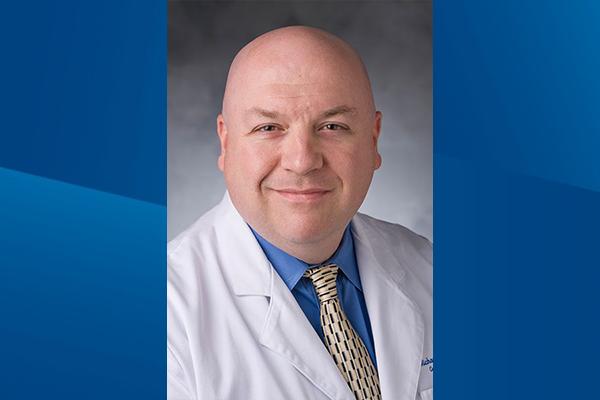
Cardiopulmonary Bypass-Induced Inflammatory Changes in the Atrial Wall: The Novel Role for Cardiac Chymase produced Angiotensin II in the Development of Atrial Fibrillation
Atrial fibrillation is a common complication following cardiac surgery because of the use of the heart-lung machine. Previously, it has been very difficult to make advances in treating this complication because of our inability to reproduce atrial fibrillation in animals, thereby hindering our ability to study what factors are the root causes of its development.
During the funding period of the DIG, we have now found a way to study the development of atrial fibrillation using a scaled down heart-lung machine in rats. We are able to simulate the physiological consequences of stopping the heart during the bypass, which approximates what we do to our human patients everyday. Using techniques we have developed as part of the DIG, we are then able to induce atrial fibrillation in these rats.
Using the results from these tests, we believe that the changes in the heart leading to increased susceptibility to atrial fibrillation are not a result of the anesthesia, but more a consequence of exposure to the heart-lung machine. Findings from our experiments have been submitted to present at the 36th Annual Meeting of the Society of Cardiovascular Anesthesiologists in the Spring of 2014.
We are now trying to understand the molecular changes that are occurring within the heart to ultimately arrive at a way to prevent this from occurring. We are very fortunate to have been awarded a $50,000 starter grant in the Spring of 2013 from the Society of Cardiovascular Anesthesiologists to continue this important work.